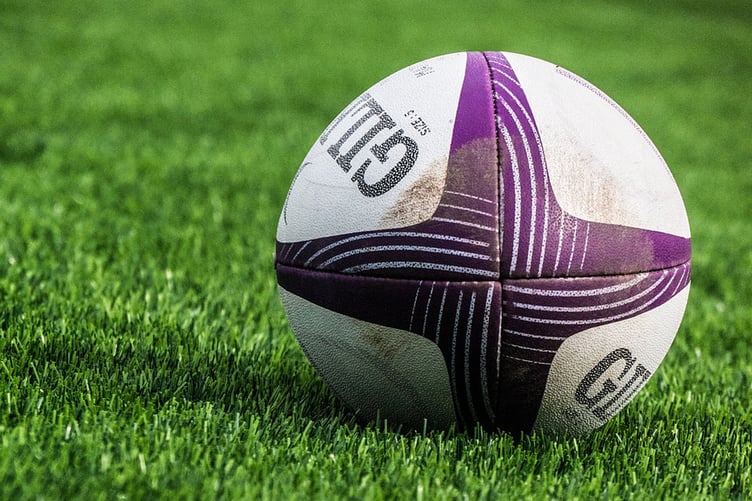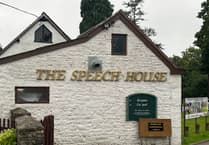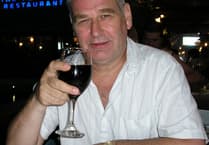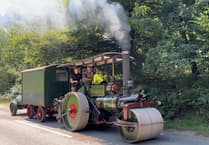I was sorry to hear of the recent death of the great Malcolm Tyrell, who was perhaps the most influential rugby player in the Forest in the 1970s and 1980s.
I first joined the Forest rugby scene when I moved here in 1973, having previously played for London clubs, with a brief year in Scottish rugby at Aberdeen.
My London clubs were based on my occupation or place of learning, so there was no sense of representing a particular area. I played for London University and London Civil Service, which were based in remote suburbs in the metropolitan area. I did play for Finchley for a while, but a club in this sprawling metropolitan area did not feel particularly community based. Players would have to make long journeys across London for training and for matches. The standard of rugby at all these clubs was quite high, but it was not community rugby, and there was little community support or interest. You would never meet your playing colleagues socially or casually, only on the rugby pitch.
So it was a surprise when I moved to the Forest to discover that that most towns and villages seemed to have a rugby club – Bream, Yorkley, Newent, Cinderford, Berry Hill, Lydney and later Westbury. I had been completely unaware that there was such a thing as ‘village rugby’. Everyone (apart from outsiders like me) had forest names, including Pudding, Biter, Sponge, or Lampy. Players would probably live within a mile or so of their local club so there would be no excuse for missing training. The rugby club would be the heart of the community, with second, third or even fourth teams. In those days before the league system was adopted, there would be the ‘Combination’ cup, a knock out cup for forest teams, and Boxing Day would be a social occasional for rugby, music and celebration.
I joined Bream, where Malcolm Tyrell was the club captain. He was universally admired as a player, captain and person. He played in the pivotal position of number 8, middle of the back row. There have been many tributes to him, but the one that is always used by the local rugby community is that they would ‘rather have him playing with you than against you’. That was the highest tribute that you could make about a rugby player. He was a hard, powerful, talented and uncompromising player and leader. He played in the pivotal position of number 8, middle of the back row. He was captain, not only because he was the best player in the team, but because he was a great captain. He was fearless and formidable as a player, leading by example, but also wise, supportive and sensitive as captain.
RIP Malcolm





Comments
This article has no comments yet. Be the first to leave a comment.